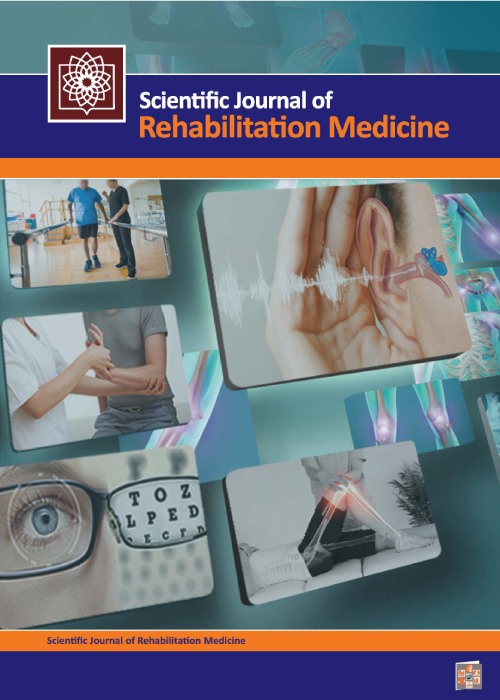The Effect of Selected Cognitive Games on the Promotion and Stability of Executive Functions in Children With Developmental Coordination Disorders
Children with developmental coordination disorders experience some form of impairment in some executive functions. The present study was designed and conducted to study the effect and retention of cognitive games on the development of three components of executive functions (response inhibition, working memory, and cognitive flexibility) among children with developmental coordination disorders.
The present study was a quasi-experimental study with a control group. Thirty girls aged 7-10 years with developmental coordination disorder Based on the score obtained in the Movement Assessment Battery for Children-second edition (MABC-2) test set and based on the IQ score, were divided into two experimental and control groups. MABC-2 and Cattle and intelligence tests were used for initial screening, and N-Back, Stroop, and Go-NOGO tests measured working memory, cognitive flexibility, and response inhibition. The training protocol consisted of a series of purposeful cognitive and motor games that explicitly considered the development of a specific component of executive functions. Data were analyzed using a combined two-way analysis (2×3) of variance.
The findings showed, performance Working memory (P=0.0001) performance, cognitive flexibility (P=0.045), and response inhibition (P=0.010) increased in the experimental group from pretest to posttest, While no such change was observed in the control group. Also, the effect of improving games on working memory (P=0.0001) and response inhibition (P=0.033) was maintained until the retention test. At the same time, there was no significant difference between cognitive flexibility in the retention test of children with developmental coordination disorder in the experimental group and control.
Based on the findings, cognitive-motor games effectively improve and maintain working memory, inhibit response, and develop cognitive flexibility. As a result, according to the results of this study and other studies, it can be acknowledged that intervention as a process as a process-oriented therapy with the involvement of the individual in a mental process improves the executive functions of children with developmental coordination disorder and games introduced in this Research is a good framework for designing and implementing high quality and reproducible programs.
- حق عضویت دریافتی صرف حمایت از نشریات عضو و نگهداری، تکمیل و توسعه مگیران میشود.
- پرداخت حق اشتراک و دانلود مقالات اجازه بازنشر آن در سایر رسانههای چاپی و دیجیتال را به کاربر نمیدهد.



